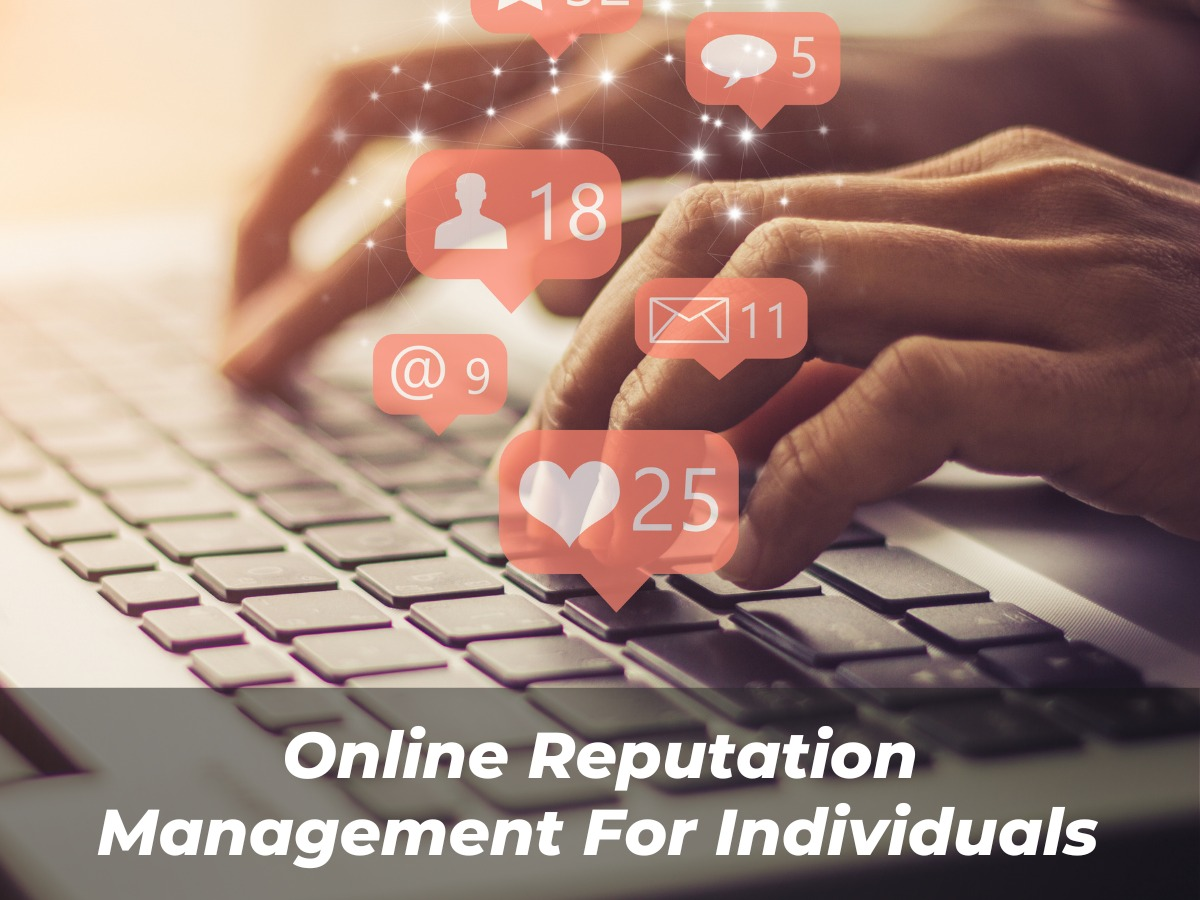Manage your online reputation management for individuals by swiftly responding to people.
Customers expect you to be gregarious if you are active on social media. Customers want you to respond to their questions promptly when they contact you on social media. They might get in touch with you to offer praise or to tell you about your goods or services. They could want you to address an issue or worry they have. In any case, it's imperative to acknowledge and reply to any internet mentions and evaluations.
Respond quickly to issues and concerns and participate in encouraging postings and comments. If you are unable to resolve an issue right away, let them know you are working on a solution and keep in touch.
There are two cycles of online reputation.
Vicious loop: Ignoring your online reputation puts you at danger of falling victim to a vicious cycle of gossip and misinformation.
Virtuous cycle: You can create a favorable, high-quality material cycle that reflects well on you by upholding your online reputation.
Reasons to worry about your internet reputation
The term "online" is virtually being phased out due to the prevalence of online reputetion.
Your reputation speaks volumes about you as a person, a business, and an individual.
Your reputation is being built by others.
Although it's reassuring to believe that you have much influence over how other people perceive you, you actually have very little control on your internet reputation. In actuality, what online strangers believe and say about you when they come across you online largely determines your reputation.
Leaving your reputation to the whims of the internet is the worst thing you can do. This is because damaging information has the power to undo all of your hard work, crush your brand's good reputation, and kill your chances of connecting with new customers before you've even met them.
Offline and online are merging.
The online world is becoming more and more integrated with the rest of our activities every day. Even if you never use a computer, you are living your life more and more online thanks to gadgets like smartphones, smart TVs, the "Internet of things," and the future of self-driving automobiles
Previously, the only thing that counted was having an offline reputation.
Even if you may not believe it, it's likely that people are looking for you. Typical explanations include:
Companies conducting research prior to interviews
Landlords investigating potential tenants
Kids looking for information about their parents' "real lives"
Inquisitive partners, both current and former
Former coworkers want to exchange career options
Admissions offices at colleges assess potential students.
Risk evaluations by insurance firms.
Your reputation on the internet is permanent.
Long-term harm can result from someone writing something unfavorable about you online, particularly if you are unaware of it. After that amazing interview, you might never understand why you didn't receive the flat you desired or why a job offer never came through. It’s critical to monitor internet comments about you and take action to address any inaccurate information. You should also keep an eye on what you share for the same reasons. Social media has made it possible for posts made decades ago to backfire on you. Examine these examples, which are all very different:
A filmmaker from Hollywood: After certain insensitive jokes he tweeted years ago surfaced, he lost his job as director of the Guardians of the Galaxy films.
Harvard admissions: Ten students were rejected from Harvard in 2017 due to rude posts they made on social media.
NASA internship: After a high-ranking NASA official discovered a Twitter user using foul language in a post using the hashtag

